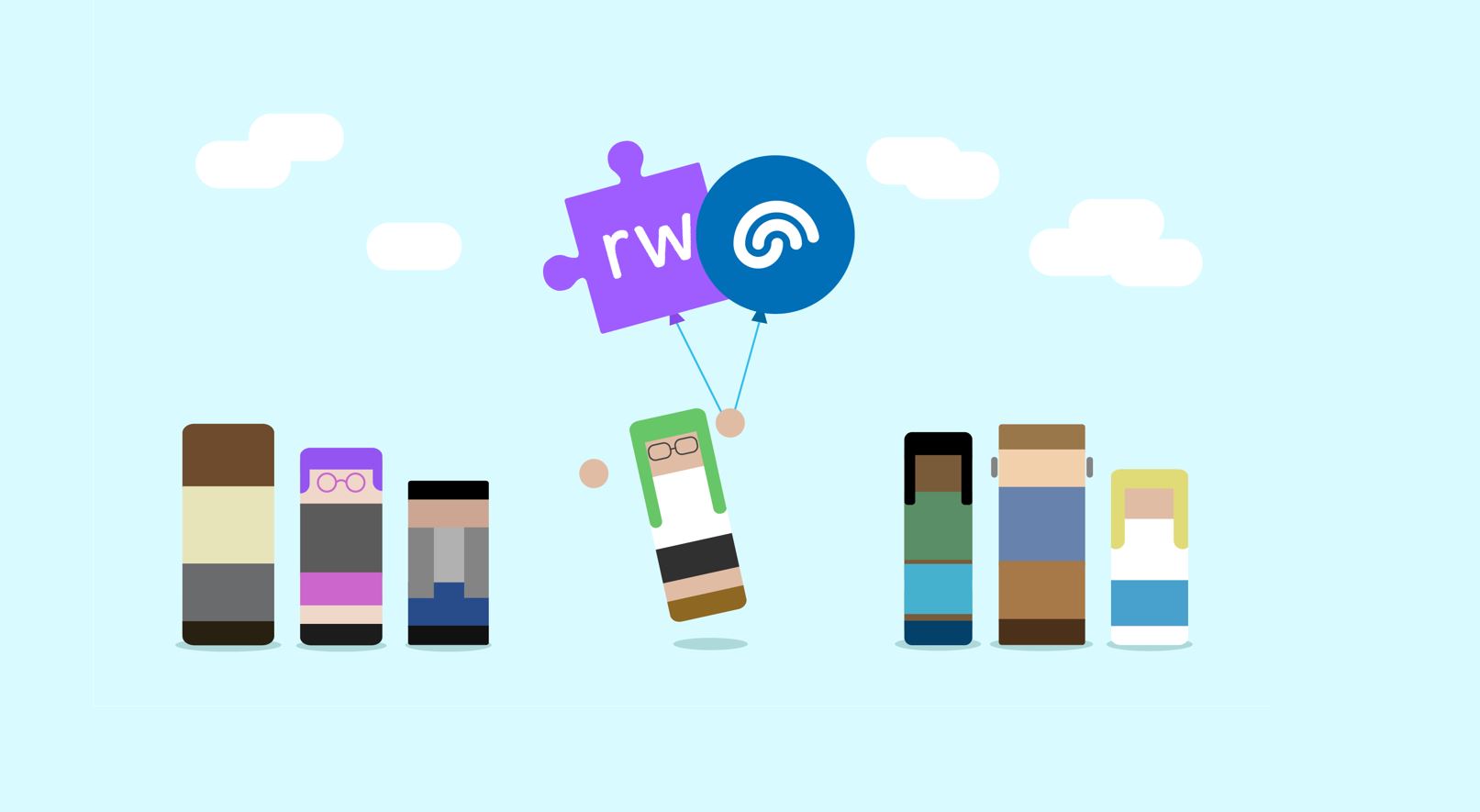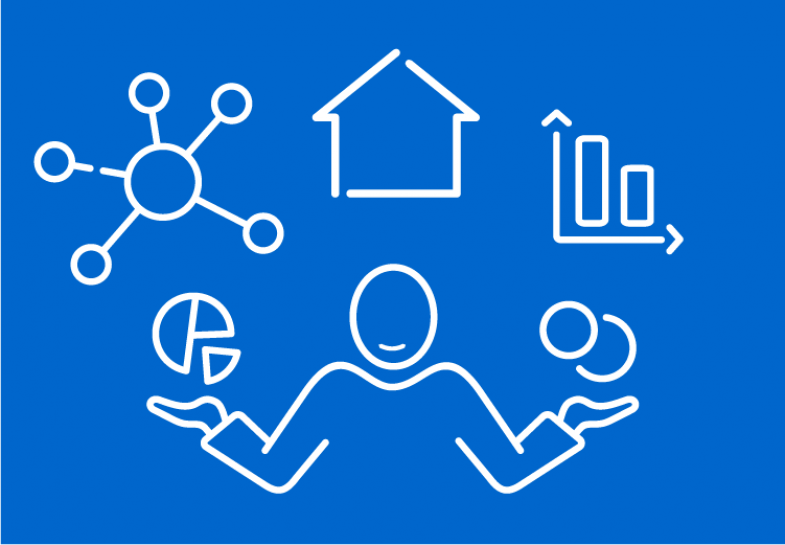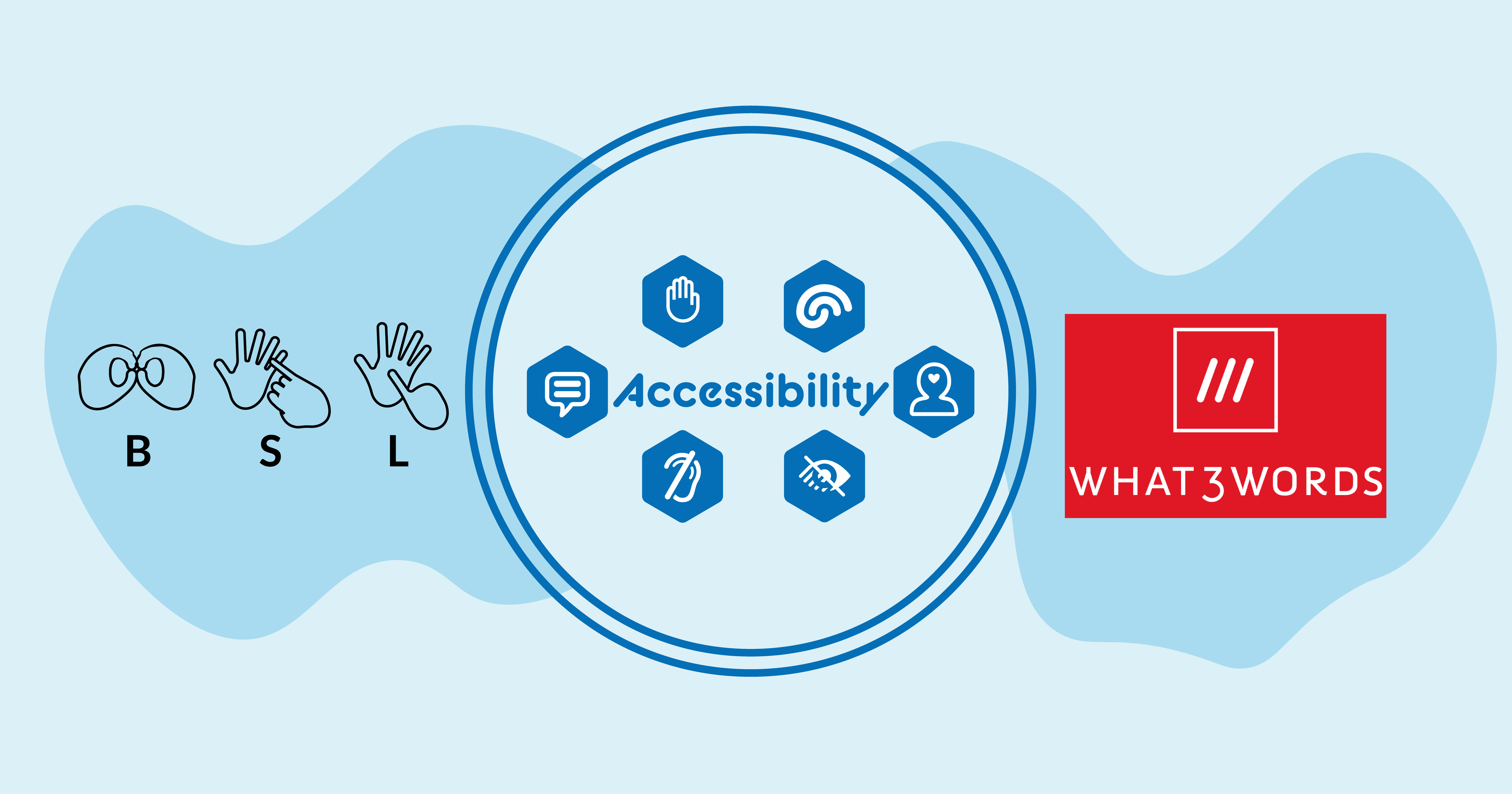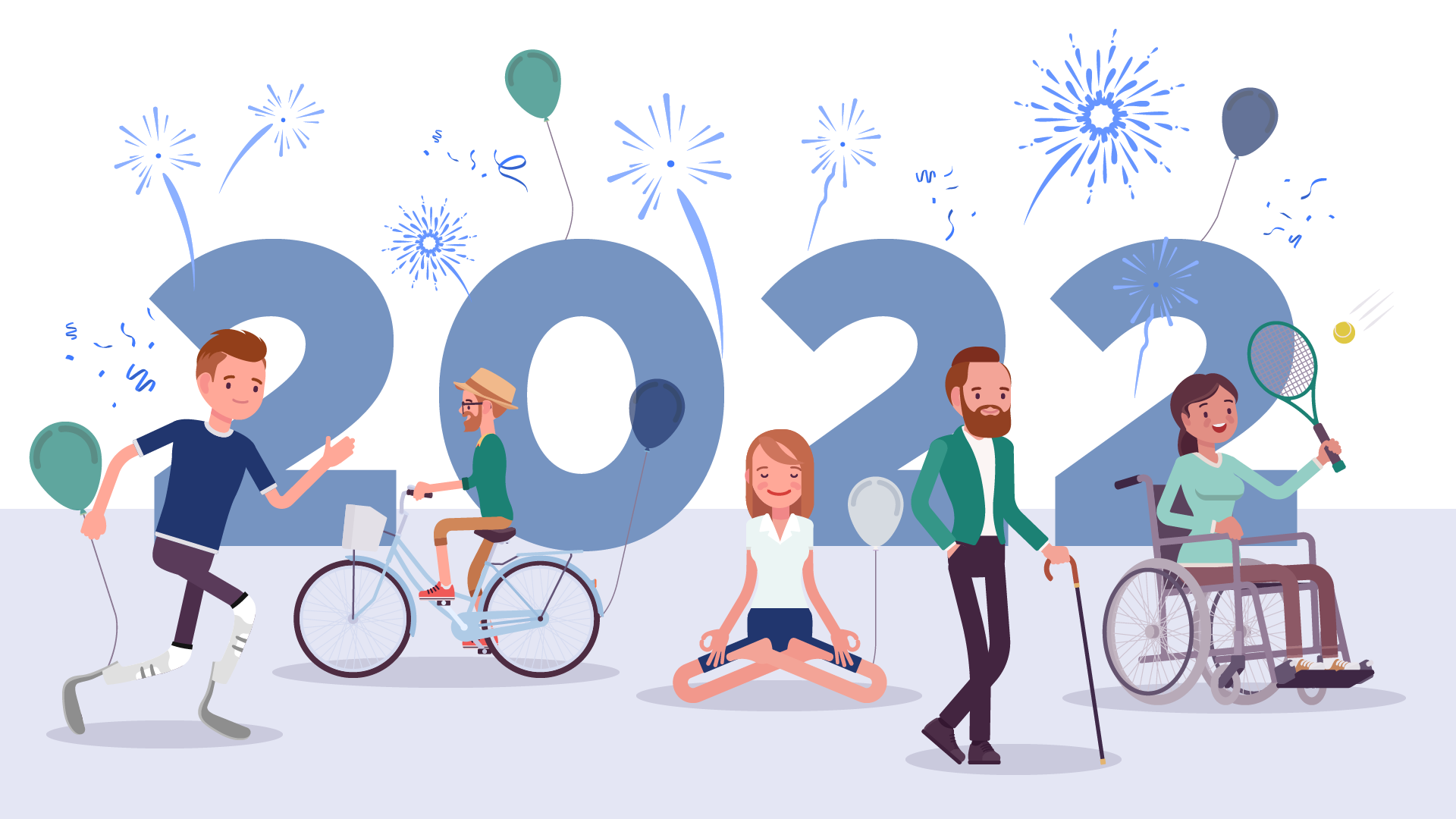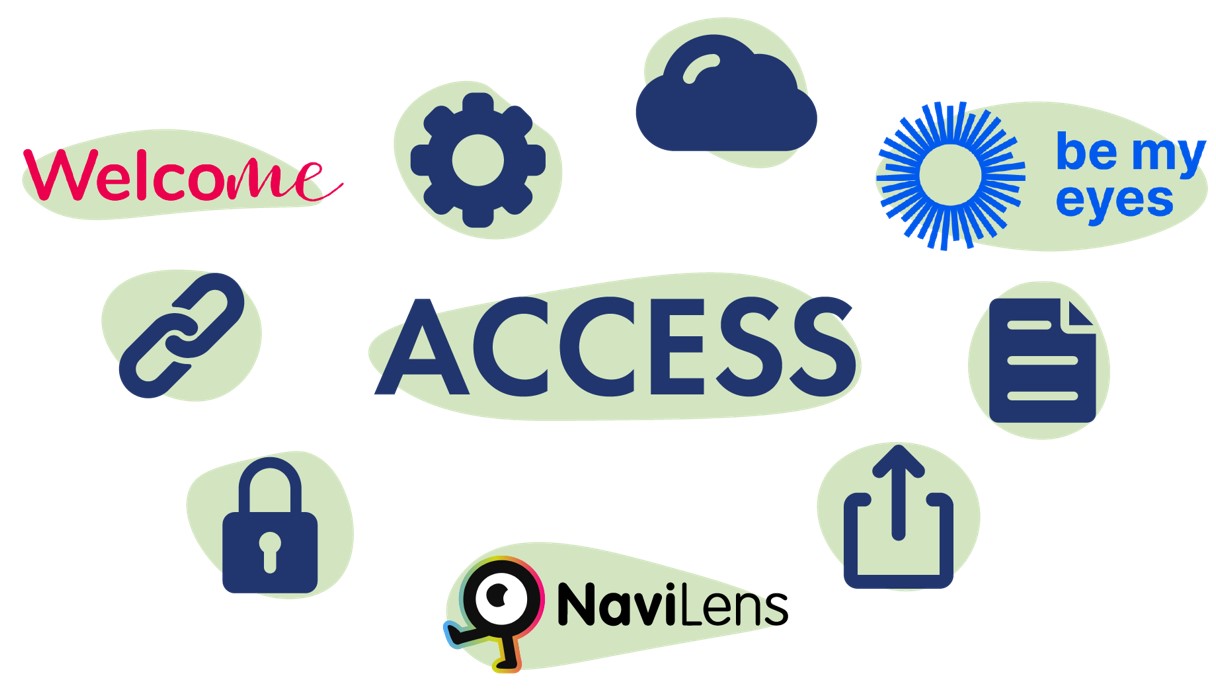How aware are students of the Access to Work programme?
Learning Labs’ Strategic Relationship Manager, Michelle Brown, recently wrote a guest blog for assistive technology, training and support provider, Dyslexia Box.
Back in 1994 the Access to Work programme was set up with the aim of helping individuals with a physical or mental health condition or disability get or stay in work. During the 2020 to 2021 financial year 37,170 people were in receipt of Access to Work payments. However, of those 37,170 only 10% were aged 25-29 and just under 10% were aged 18-24, the age groups that are most likely to be transitioning from education to work. Could the numbers within these age groups have the potential to be higher? Are there people entitled to Access to Work who are missing out and therefore encountering unnecessary barriers within the world of work? That is what e-learning portal Learning Labs and the All-Parliamentary Party Group for Assistive Technology (APPGAT) recently set out to answer.
What is student’s understanding of Access to Work?
Earlier this year Learning Labs and APPGAT teamed up to learn what student’s understanding and experience of Access to Work was. Learning Labs sent a 25-question survey to its students that had claimed Disability Student’s Allowance during their time at university and were now in their final year of study and therefore likely to be applying for Access to Work in the near future. The survey was completed by 371 students. The most notable finding from the survey was that 80% of students had never heard of Access to Work. As a reminder, these are students that are in their final year of studies and will therefore be entering the world of work very soon.
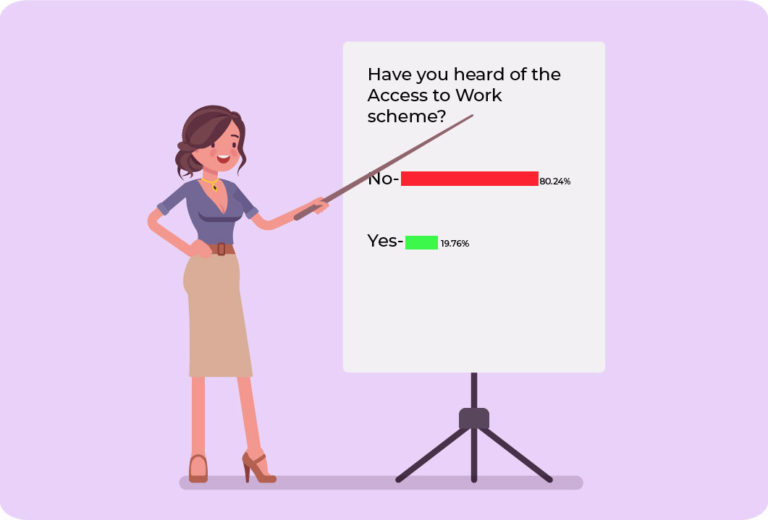
When asked if their university provided them with any information about disability support in the workplace (for your post-graduation career) 66% of respondents said no. This explains why, out of the 19% of students who had heard of Access to Work, 33% of them had discovered it by conducting their own research.
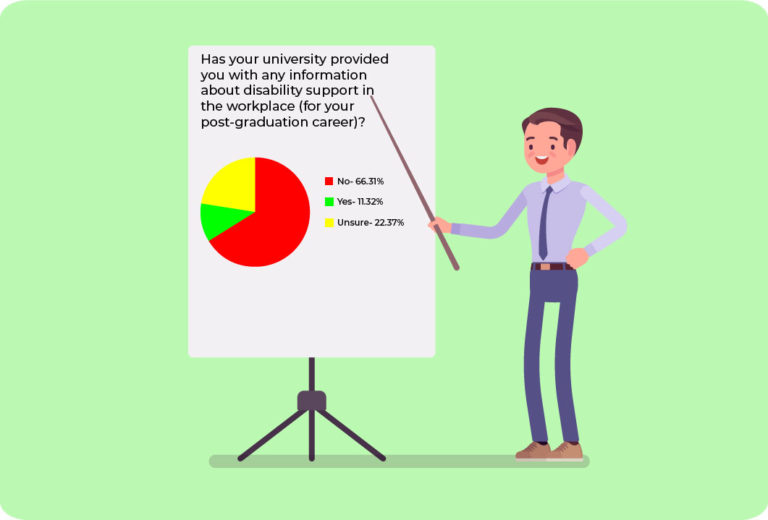
It is therefore important that conversations about Access to Work take place before, during and after a job search to ensure as many individuals as possible benefit from the programme. To enable this joined up process to take place everyone from university Careers Advisors to DSA Needs Assessors to employers need to be aware of, and championing Access to Work.
40% of survey respondents said they would consider turning down a job offer/leaving a job if they did not receive the appropriate support for their needs. It’s therefore important that any support continues throughout their career.
With a Learning Labs account employees receive access to over 4,000 Labs. Each Lab guides them through how to use a particular Assistive Technology software from SuperNova Magnifier and Screen Reader to Spellex Write-Assist. With remote working increasing in popularity there are also Labs on useful software such as Microsoft Teams and Zoom. As everyone has a different learning style all Labs are available as a Do, Watch or Read Lab with Quiz Labs providing a fun way to challenge yourself once you’ve completed all the Labs for that particular software.
The good news is initiatives have already been announced to try and bridge the gap between education and the workplace for people with a disability. At the beginning of December, as part of their National Disability Strategy, the government announced a new pilot ‘passport’ scheme to complement the existing Access to Work grant scheme.
The passport will contain all the necessary medical information, adjustments and benefits a graduate already receives. This will prevent them from having to undergo repeated health assessments and repetitive disclosures that are part of the job and grant application process. The passport also aims to empower the graduates and grow their confidence around having the conversations about their disabilities with potential employers.
With any effective conversation though it should not be one-sided. It’s important that everyone the student encounters along their journey to employment, from DSA Needs Assessors to Career Advisors and even employers are aware of and having open discussions about Access to Work.
Hopefully with these conversations taking place, and these new initiatives from the government, when Learning Labs and APPGAT repeat the survey over the coming years we will see the statistics flip and 80%, if not 100%, of students will HAVE heard of Access to Work.
Other blog articles



